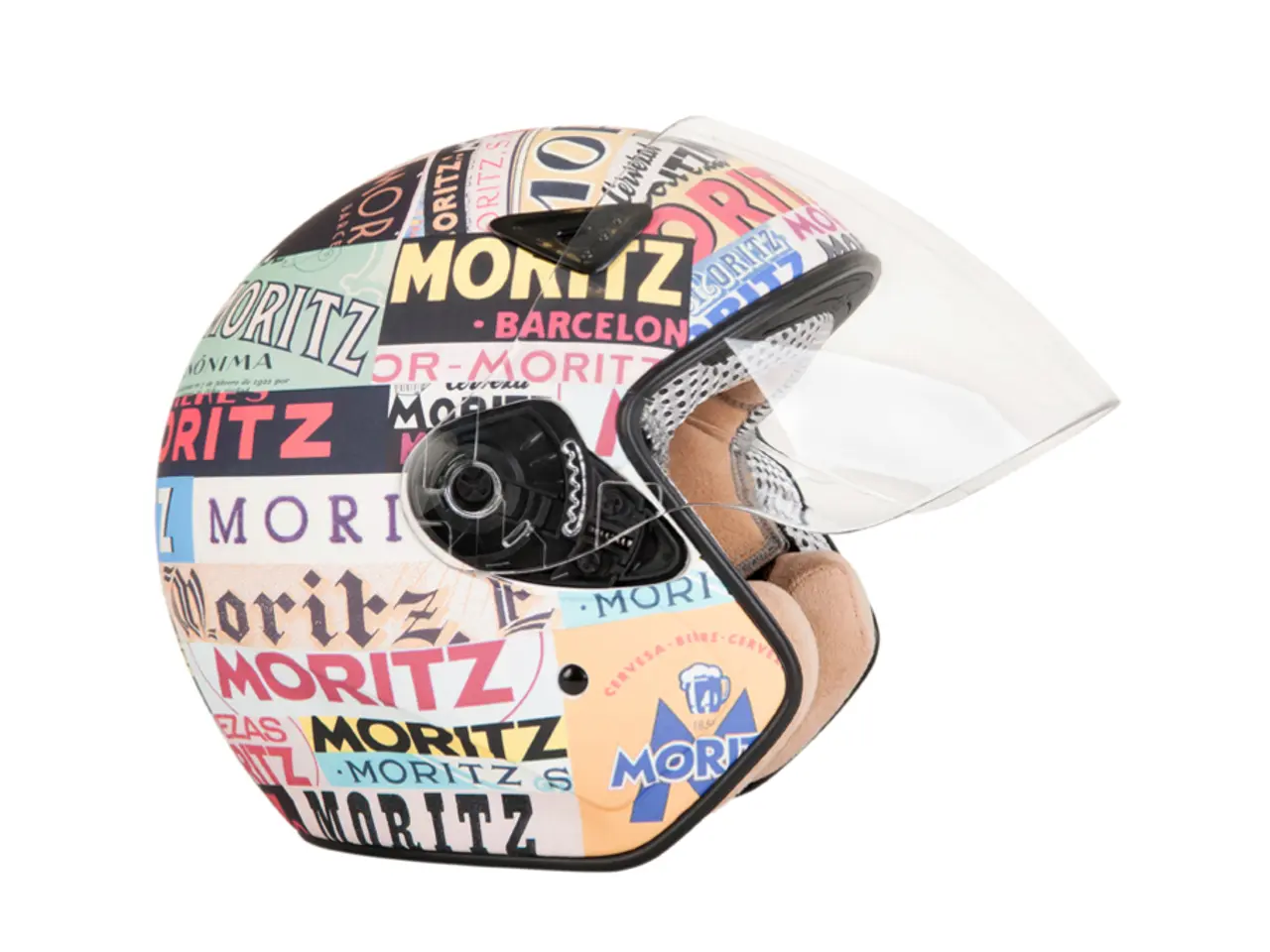Citywide Awareness Campaign for Brain Health Initiated by Fortis Hospitals Mumbai on World Brain Day
In a significant move towards promoting brain health awareness, Fortis Hospitals Mumbai launched the "Helmet Pehna Kya?" campaign on World Brain Day 2025. The campaign, which uses the symbolic helmet to emphasize the daily importance of protecting and maintaining brain health, serves as a citywide wake-up call to encourage people to adopt preventive measures for brain wellness.
The campaign's key aspects include raising awareness, promoting proactive care, citywide engagement, and aligning with World Brain Day. By leveraging a relatable and visible symbol—helmets—the campaign effectively draws attention to brain health, a critical but often overlooked aspect of overall well-being. This helps the public connect brain safety with everyday behavior and prevention.
The initiative encourages individuals not just to react to brain injuries or illnesses but to proactively care for their brain health through safe practices, lifestyle choices, and early detection of issues. As a widespread urban campaign, it aims to reach diverse demographics in Mumbai, spreading knowledge about brain health risks and prevention strategies broadly.
Launched on World Brain Day, the campaign leverages the global observance to enhance message impact and align with international brain health advocacy efforts. The campaign's mission goes beyond treating illness and aims to prevent it through education and awareness, as stated by Dr S Narayani, Business Head - Fortis Hospitals, Maharashtra.
Neurological disorders, such as Stroke, Epilepsy, Migraine, and Dementia, have more than doubled in India over the past three decades and now account for almost 10% of the nation's overall disease burden. Stroke alone took the lives of nearly 7 lakh people in 2019. These trends were highlighted in a comprehensive study led by the India State-Level Disease Burden Initiative and published in The Lancet Global Health.
Dr Gurneet Singh Sawhney, Director of Stereotaxy and Functional Neurosciences at Fortis Hospital, Mulund, highlighted the significance of family history in managing disease burden, especially for conditions like Dementia and Stroke. Dr Sreelakshmi N., Consultant-Neurology at S.L. Raheja Hospital, Mahim, stressed the need to pay attention to subtle changes in the body as early detection can significantly impact outcomes for conditions like Stroke and Dementia.
Dr Rushabh Chheda, Consultant, Neurosurgery and Stroke Intervention Specialist at Fortis Hospital Kalyan, urged immediate action for any observed warning signs, emphasizing the saying "time is brain" in neurology. Dr Ashok Hande, Director of NeuroSurgery at Fortis Hiranandani Hospital, Vashi, emphasized the importance of lifestyle awareness in brain health preservation, using the acronym SHAAADOWSSS to outline potential risks.
The triggers for these neurological disorders include high blood pressure, poor diet choices, rising pollution levels, and chronic mental strain. Ignoring warning signs in brain health can significantly increase the risk of developing issues like Stroke. Conscious changes in daily routine can drastically lower the risk of developing neurological issues and protect brain health for the long run.
The message is clear: Mumbai needs stronger strategies for prevention, better awareness, and more accessible neurological care to combat the growing silent epidemic of neurological disorders. As part of World Brain Day, Fortis Hospitals in Mumbai brought brain health awareness to the forefront with a unique, people-first approach within their hospitals and through community sessions. The "Helmet Pehna Kya?" campaign represents a strategic public health effort by Fortis Hospitals Mumbai to foster a culture of brain safety and health consciousness in India’s largest metropolis, aiming to reduce the incidence and impact of brain-related conditions through awareness and preventive action.
- The "Helmet Pehna Kya?" campaign, launched by Fortis Hospitals Mumbai on World Brain Day 2025, aims to encourage Mumbai's residents to adopt preventive measures for brain wellness, aligning with citywide engagement and health consciousness.
- The campaign also seeks to raise awareness about the importance of proactive care for brain health through safe practices and lifestyle choices.
- The initiative, which uses the symbolic helmet to emphasize daily brain protection, is a significant move towards promoting brain health awareness and educating people about the risks and prevention strategies for brain-related medical conditions.
- As part of the campaign, Fortis Hospitals in Mumbai plan to implement workplace-wellness programs, promoting health and wellness, fitness and exercise, and mental health, all critical factors in maintaining cardiovascular health and preventing neurological disorders.
- Recognizing the importance of early detection, the campaign encourages people to be aware of and act upon any subtle changes in their bodies, fostering a culture that prioritizes health-and-wellness and advocates for timely intervention.
- The campaign also aims to address the rising trend of neurological disorders, such as Stroke, Epilepsy, Migraine, Dementia, and other neurological disorders, which have more than doubled in India over the past three decades.
- Dr S Narayani, Business Head at Fortis Hospitals, Maharashtra, states that the campaign's mission goes beyond treatment and aims to prevent these disorders through education, awareness, and therapies-and-treatments tailored to individual needs.
- Recognizing the role of family history in disease burden, particularly for conditions like Dementia and Stroke, the campaign stresses the importance of regular medical check-ups and screening for early detection and management.
- Understanding the impact of lifestyle choices on brain health, Dr Ashok Hande recommends adopting healthy-diets and weight-management strategies as part of the SHAAADOWSSS acronym, outlining potential risks to brain health.
- While focusing on neurological disorders, the campaign also addresses the growing concern about respiratory conditions, recognizing that high blood pressure, poor diet choices, rising pollution levels, and chronic mental strain can increase the risk of developing brain and respiratory problems. The campaign encourages the use of natural therapies such as CBD for stress relief and overall well-being.




